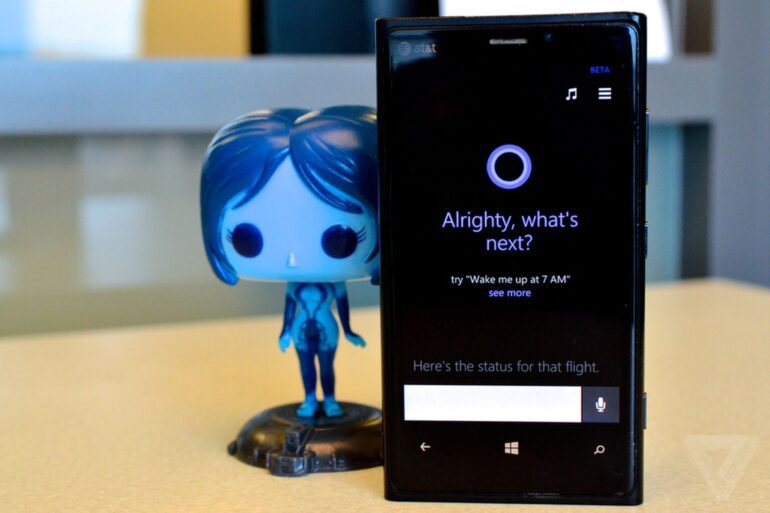TL;DR:
- Microsoft is shutting down Cortana this month to focus on modern AI advancements like Bing Chat and other AI-powered productivity features across Windows and Edge.
- Cortana will no longer be a standalone app in Windows starting August 2023.
- Microsoft sees Cortana as a stepping stone towards a smarter chatbot powered by GPT-4, in partnership with OpenAI.
- Windows 11 will integrate the new ChatGPT-based Bing experience.
- Cortana will still be available in some Microsoft products during a transitional period.
- Microsoft aims to help users transition smoothly to alternative AI-powered tools for voice control and productivity needs.
- Amazon and Apple may follow suit in exploring the evolution of their AI systems.
Main AI News:
In a strategic move, Microsoft has decided to bid farewell to its digital assistant, Cortana, as it shifts its focus towards embracing modern AI advancements. The company’s latest endeavors involve AI-powered productivity features, including the ChatGPT-like Bing Chat, seamlessly integrated across Windows and the web browser Edge. As of August 2023, Cortana will no longer stand alone as a separate app in Windows, marking the end of an era.
While Microsoft has been tight-lipped about the reasoning behind this decision, it is apparent that the tech giant views Cortana as a stepping stone towards a future powered by more sophisticated AI systems. Instead of Cortana, users can look forward to a smarter chatbot driven by the formidable GPT-4, a result of Microsoft’s collaboration with OpenAI. Moreover, Windows 11 will witness the integration of this new ChatGPT-based Bing experience directly into the operating system.
During this transitional phase, Cortana’s presence will linger in certain Microsoft products. Outlook mobile, Teams mobile, Microsoft Teams display, and Microsoft Teams rooms will continue to support Cortana for the time being. Nevertheless, it’s only a matter of time before these Cortana-powered experiences make way for Bing Chat’s entry into the enterprise arena. Microsoft’s 365 Copilot will be integrated into various productivity software, including Outlook and Teams, ushering in a new era of AI-driven assistance.
Microsoft is keenly aware of the impact this change might have on Windows users, and the company is determined to ensure a smooth transition. Instead of relying on the Cortana app, users can explore alternative options like Windows 11 voice access, enabling voice control over PCs, the new AI-powered Bing, Microsoft 365 Copilot, and Windows Copilot, offering centralized AI assistance for Windows users.
The curtain may have closed on Cortana, but this strategic move sets a precedent that could be mirrored by other tech giants. Amazon, for instance, recently promoted its head scientist for Alexa, Rohit Prasad, to lead a team focused on developing artificial general intelligence, indicating a potential evolution of Alexa beyond its current role as a digital assistant. Similarly, Apple is rumored to be developing its own generative AI tools, hinting at exciting possibilities for the future, though the release plans remain undisclosed.
Conclusion:
Microsoft’s decision to retire Cortana signifies a strategic shift towards embracing more sophisticated AI technologies. By focusing on next-gen AI advancements like Bing Chat and integrating ChatGPT into Windows 11, Microsoft aims to provide users with smarter and more efficient AI-powered experiences. This move indicates a growing trend in the market as major tech companies strive to redefine digital assistant capabilities and deliver enhanced productivity tools to their customers. Competitors, such as Amazon and Apple, might follow suit in exploring the potential of more advanced AI systems to stay at the forefront of the ever-evolving AI landscape.

